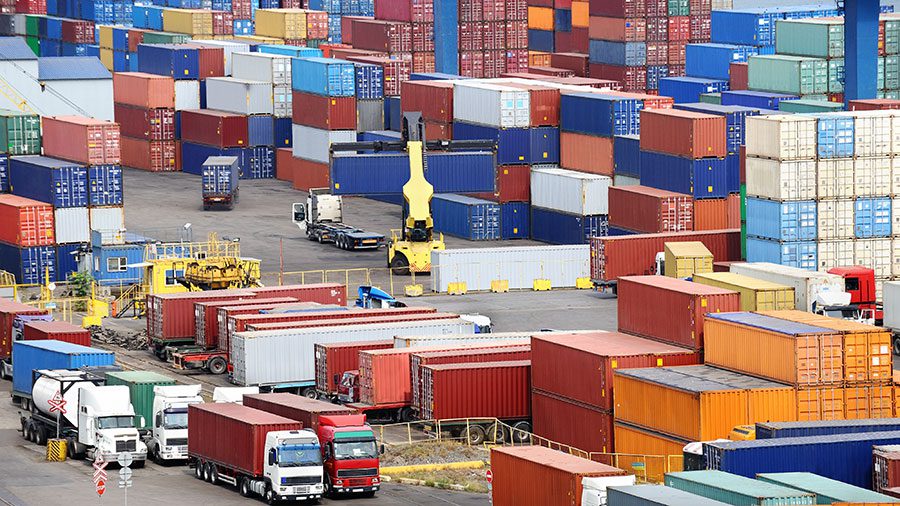Nigeria and other Economic Community of West African States (ECOWAS) members have been hit with a 0.5% import duty by the military juntas of Mali, Burkina Faso, and Niger. The newly implemented tariff, which takes effect immediately, is aimed at funding the Alliance of Sahel States, a bloc established after the three nations withdrew from ECOWAS in 2023.
The Alliance of Sahel States was initially formed as a security pact among Mali, Burkina Faso, and Niger, three West African nations currently under military rule. Over time, the alliance has evolved into an economic bloc, signaling a deeper break from ECOWAS and efforts to establish autonomous political and financial systems.
According to an official statement from the alliance, all imported goods, except humanitarian aid, will be subject to the new levy. The revenue generated from this tariff will be used to “finance the activities” of the bloc, though further details were not provided.
Economic Impact on Nigeria and West Africa
The economic impact of the tariff could be significant, particularly given the trade ties between Nigeria and Niger.
Nigeria was one of Niger’s top five trading partners in 2022, exporting goods worth $290 million. Meanwhile, Niger supplied $68 million in commodities to Nigeria during the same period, according to the World Integrated Trade Solution.
By 2023, Nigeria’s exports to Niger had dropped to $209 million, with key exports including cement ($32.8M), electricity ($41.5M), and petroleum gas ($44.6M), as reported by the Observatory of Economic Complexity.
This new tariff disrupts decades of unrestricted trade among ECOWAS countries, further straining Nigeria’s economic relations with its Sahelian neighbors.
The three breakaway nations—Mali, Burkina Faso, and Niger—left ECOWAS in 2023, accusing the regional bloc of failing to support their fight against Islamist insurgencies. In response, ECOWAS imposed economic sanctions, pressuring them to restore civilian rule.
Instead of reintegrating, the juntas have doubled down on their independence efforts, now reinforcing both their military and economic ties.
The three nations remain among the poorest in the world, grappling with insurgencies linked to ISIS and al-Qaeda that have displaced millions and eroded public confidence in democratic governance.
The imposition of this new tax raises concerns about the future of ECOWAS, as internal fractures continue to weaken the regional bloc. Analysts predict that Nigeria’s economy and trade relations could be severely impacted, as businesses in West Africa may need to restructure their strategies in response to the shifting economic landscape.
Furthermore, this move adds new tensions between the Alliance of Sahel States and ECOWAS democracies like Nigeria and Ghana, possibly reshaping West Africa’s economic and political alliances.
As the situation develops, observers will be watching to see whether Nigeria and other ECOWAS nations respond with countermeasures, or if diplomatic efforts will be pursued to mend the growing rift.
Stay tuned to 9am News Nigeria for more Breaking News, Business News, Sports updates And Entertainment Gists.
















